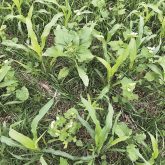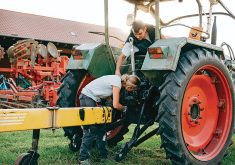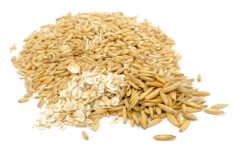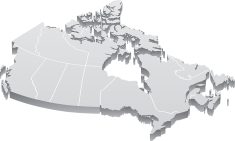The pause button has been pushed on a code of practice for grain producers after push-back from farmers across the Prairies.
And the group behind the Responsible Grain Code of Practice is pledging to do a better job of consulting farmers before taking any further steps.
“We considered all of the feedback we got out of that consultation, and one of the biggest questions was ‘why’ — why do we need this for the Canadian grain sector?” said Jason Lenz, chair of the Canadian Roundtable for Sustainable Crops, an organization formed by farm groups, grain companies, and other industry players.
Read Also
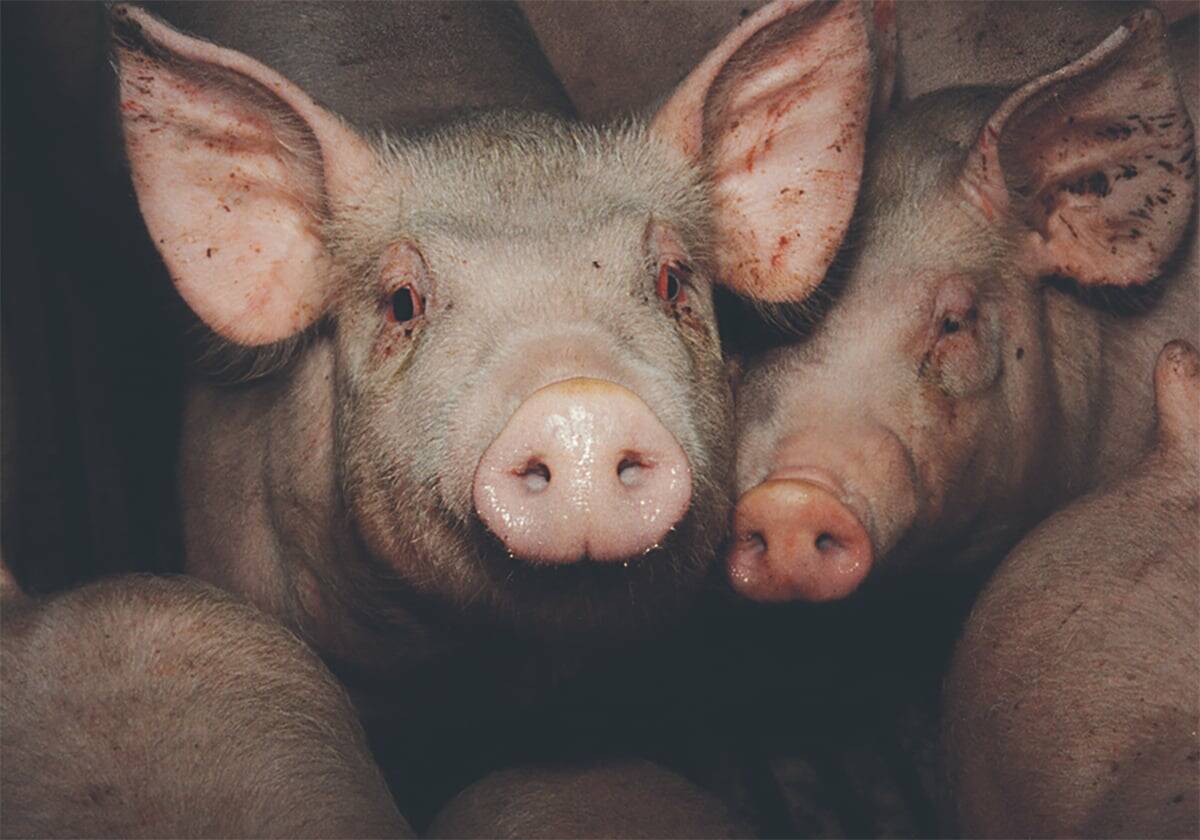
Scientists discover cause of pig ear necrosis
After years of research, a University of Saskatchewan research team has discovered new information about pig ear necrosis and how to control it.
“That’s where we had to start, and the CRSC probably missed this step. This should have come out before we started on that draft to help farmers understand the need for it. So we’ve really taken a step back.”
The draft code of practice was developed in 2020 to lay out voluntary guidelines for recommended best production practices for Canadian grain growers. But after the negative response last winter, the roundtable took a step back. Then in January, it released a white paper outlining the case for a code of practice and undertaking a new round of consultations. Three sessions with provincial and national grower organizations have been held so far, along with a pair of sessions for the general farming public held last month.
The white paper delves into the reasons why the grain sector would benefit from having a tool like a code of practice — it would, it argues, clearly show Canadian grain customers and consumers that farmers here are using sustainable production practices
“We have to answer our customers’ and grain buyers’ questions on sustainability because they’re getting questions from their buyers,” said Lenz, who is vice-chair of Alberta Wheat.
“There are just too many pressures coming from the grain buyers, our customers, and the public, and we don’t have anything to point to, to say, ‘Here’s what we’re doing on our farms to grow this grain.’”

Those types of questions are being directed at farmers every day, said the Bentley-area producer.
“We’re even getting it from our own families who are maybe a generation or two removed from the farm,” he said. “Farmers don’t really have anything that we can point at to show what the majority of farmers are doing to produce grain. We need to have something on paper so that we can point to people asking about how we’re growing these crops.
“We need something to educate the government and the public, and we see a code of practice as a tool that can do that.”
‘A need to do this’
But for Lenz, having this tool is about more than building public trust.
“It’s really about maintaining or even expanding our grain markets and answering the questions that we’re getting from those markets,” he said. “There’s definitely a public trust element to it, but it’s really about maintaining markets.”
In developing the white paper, the roundtable conducted a series of interviews with major grain exporters, retailers, food processors, and other multinational food-service companies. They all said that they too are seeing an increased demand from their customers for sustainability measures, said Lenz.
“Everyone involved in this has said there is a need to do this,” he said. “They really see the need to do something because of the pressures coming at them, and they would prefer that farmers and the value chain develop it now rather than have government do it for us.”
That argument is resonating with more and more farmers, he added.
“They’re starting to see some of the government regulations that we’re faced with, and they see the need for us to do something on our own.”
But given the previous push-back, it will be farmers who shape and direct what that ‘something’ looks like, he pledged.
“That’s the point of this consultation — we listened, we’re acting on what they told us, and now we’re asking them for what they see as next steps,” said Lenz, adding a revised draft may come out of the consultations, depending on farmer feedback.
“Should we continue on with draft No. 2 of the code of practice? Or should we be going in a different direction and coming up with some other method of showing our sustainable practices? That’s what we’re asking farmers.”
Lenz said he hopes the white paper and new consultation process will assuage producer concerns about the code of practice, including that the original draft was too prescriptive. In reality, Canadian farmers are already doing “90 per cent of these practices,” he said.
“I think once we have something in place, they’ll realize this isn’t going to change the way they farm — this is just telling the story of the good production practices that they’re already using,” he said.
“This is really what the CRSC was formed to do — to help the industry tell the good sustainability story of grain farming in Canada — and we’re working on a tool that can prove that.
“Doing nothing at this stage is not an option.”



